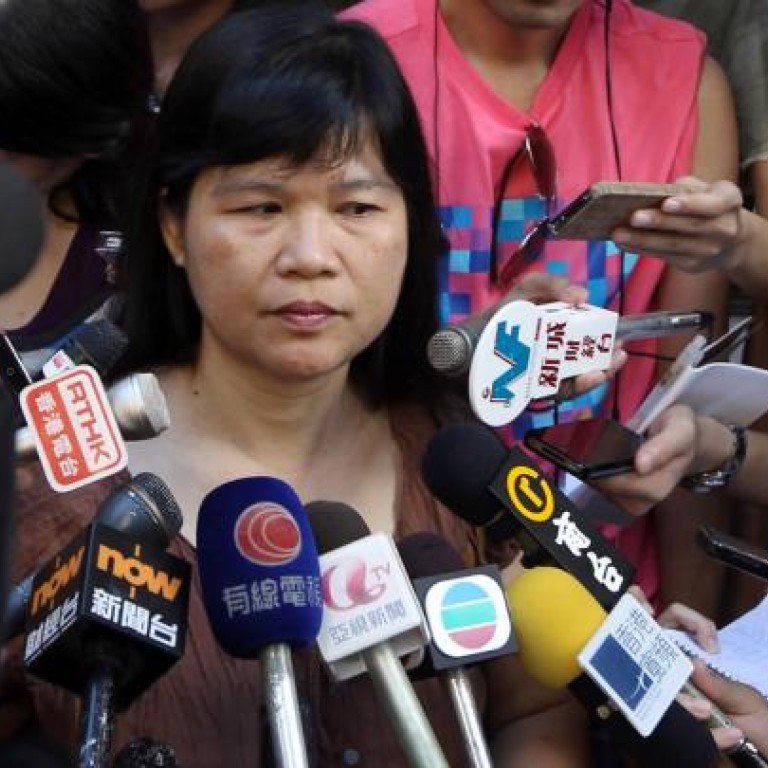
Journalists firm on gaining full access to data
Journalists turn down counter-offer by government to give media companies accounts to get company directors’ details
Journalists have rejected a counter-offer by the government over the proposal to bar access to key personal information of company directors, insisting on the status quo of unlimited access for all members of the public.
The counter-offer was floated in separate meetings between the government and representatives of the Hong Kong News Executives' Association, the Hong Kong Journalists Association and the Foreign Correspondents' Club.
It is understood officials proposed that reporters in future would be allowed to obtain residential addresses and full personal identity card numbers of company directors in a public database - provided they did it with an account and password assigned to their companies.
But it is not clear how officials would define "media companies", and whether the term includes new journalism online platforms, apart from traditional newspapers and TV stations.
Journalists Association chairwoman Mak Yin-ting said her organisation would not support the proposal. "We are not talking about restrictions on journalists only, but the rights of other citizens and the freedom of information," she said.
"There are many social groups who investigate dirty deals through company searches and they release the findings to the public. The new law would make them unable to do so."
News Executives Association chairman Ronald Chiu Ying-chun, chairman echoed Mak's view. "We reject any restriction on our work. Any search of the database for the purpose of journalism should not be scrutinised," Chiu said.
The counterproposal has come amid growing objections to the new Companies Ordinance, tabled for the Legislative Council to approve in the middle of the year.
If passed, it will withhold home addresses and full identity card numbers of more than 1 million directors of companies registered in the city. Only four digits of the card number would be shown.
The public now can access the data by paying a fee.
Chu Hoi-dick, a contributor to online news site that publishes articles by independent journalists, said websites like his might not be regarded as a "media company" and therefore would not enjoy the concessions given to journalists.
The move to protect personal privacy has been opposed by bankers, barristers, journalists and lawmakers.
Meanwhile, a government spokesman said yesterday that the Estate Agents Authority will be among the organisations that would be able to get all the data of company directors when the law is enacted.
The authority had earlier said it would need access to company directors' personal data for its enforcement work.
For example, it had to verify the identities of the buyer and seller if it had to investigate a complaint against an agent.
Authority chairman Vivien Chan, a lawyer, also said the change would make it impossible for lawyers to carry out their duty when dealing with property transactions.
"The lawyer's job is to verify whether the person signing the purchase and sale agreement is the real property owner. The full identity card number is crucial to their work," Chan said.
The Law Society has divided views on the issue.
Centaline Property managing director Louis Chan Wing-kit said frontline agents needed the full identity card number for their work on some occasions. If a sole proprietor holds a flat through his company and wants to sell it, the agent will need his card number to verify his identity.

